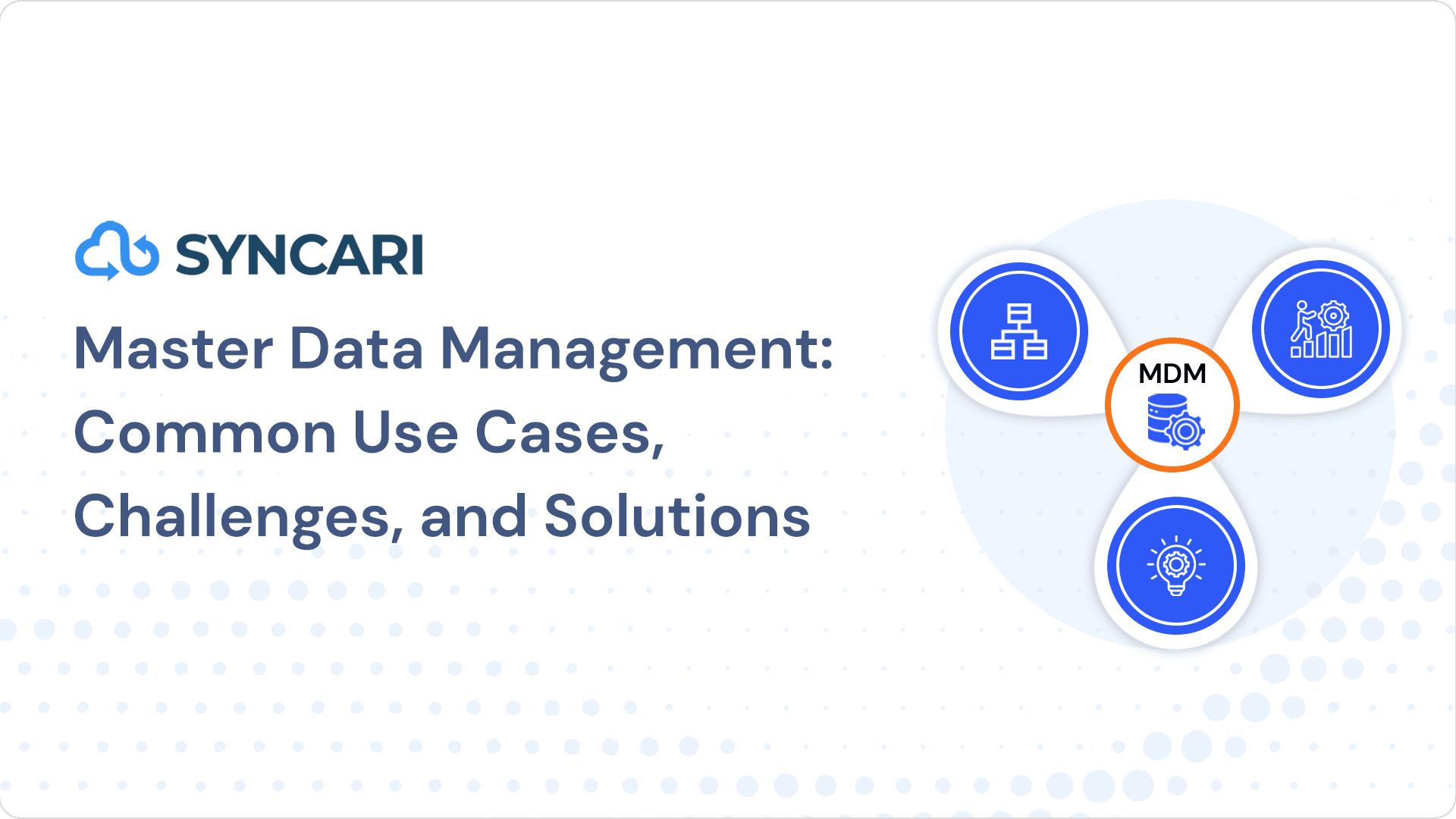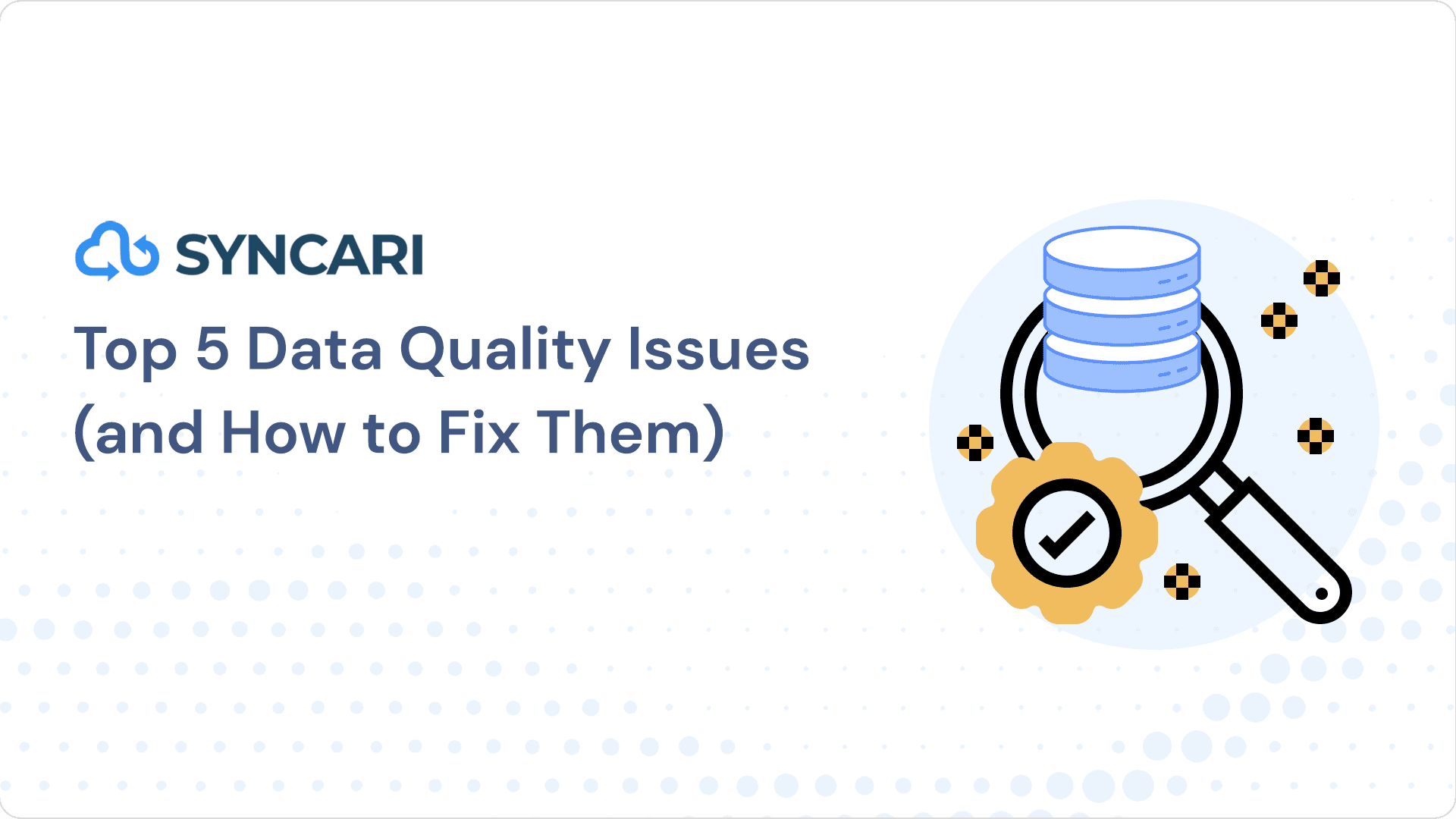What is lead routing?
Lead routing, also known as lead distribution or assignment, is the process of distributing qualified leads to the best-suited sales representatives in your organization. This means qualifying leads against set criteria and assigning them to the appropriate account.
Timely and proper lead routing is essential for high-performing teams. That’s why ensuring your sales and marketing consultant teams have the right lead routing software should be a priority for companies looking to increase conversion rates and sales numbers.
Implement lead routing best practices to empower your teams to collaborate efficiently, achieve ambitious sales targets, and avoid unnecessary slip-ups like reaching out to prospects already in contact with your organization.
The importance of lead routing
Once your lead-to-account matching process is complete, the next crucial step is to match the lead with the best-suited sales rep for the account or use case. This is where lead routing comes into play.
Intentional lead distribution improves the chances of beginning good relationships and closing a deal. When leads are assigned to sales representatives who understand the prospect’s needs, they’re more likely to move through the complete sales cycle.
Consider each sales rep’s expertise, industry experience, and availability before routing leads to them. Any snag early on in the sales cycle can easily become the end of the conversation. An efficient routing guarantees:
- Every new and qualified lead is assigned to a specific contact who manages their relationship with your organization
- Big-value leads are assigned to the most competent and well-experienced available sales reps
- There are minimal cases of human error when handing over customer data from the marketing to sales team
- There are fewer cases of duplicate or outdated entries in your customer data platform or database
Finding the right lead routing software for your marketing and sales teams
Finding and implementing an integrated tech stack to sync your business systems, distribute leads, monitor sales activities, and distribute updated, clean data to all systems within your business process is priceless.
The right lead routing software for your organization will enhance your sales and marketing processes and systems, making cross-team collaboration seamless and simplifying lead-to-account matching and sales territory mapping. It also helps you follow best practices with built-in manual and automatic settings and assignment rules.
Your processes may be as simple as assigning incoming leads to the next sales rep in a queue or more detailed and operating with set qualification criteria based on lead scoring, specialization, potential deal size, or geography. We explain each of these lead routing criteria below.
Common lead routing criteria
Some of the most common lead routing criteria are:
- Geography: Routing leads based on geography is probably one of the easiest ways to distribute leads. In this scenario, leads are assigned to sales reps based on their location, e.g., leads from New Jersey routed to the sales rep in charge of the New Jersey area.
- Potential deal size or value: Routing leads based on potential deal size or value means routing smaller deals to younger, less experienced sales reps or a one-to-many sales model and bigger-value deals to your star sales executives, increasing chances of closing these deals and keeping your team engaged well within their abilities.
- Specialization: Routing leads based on specialization ensures alignment between the assigned sales representative and a potential client. It’s an excellent method to establish expertise and build beneficial customer relationships based on trust.
Lead routing methods
Depending on your company size, sales processes, and targets, you may choose to route leads manually or automatically. This, of course, depends on your lead routing software and the rules and systems put in place.
Whereas small teams may work well with a manual setup, it is best for teams with growing marketing and sales teams and goals to implement automatic lead routing with routing automation software. Here’s a breakdown of the two lead distribution methods:
Manual routing
In a manual routing system, sales reps get leads from personal and shared sales databases on a schedule or as their availability opens up. They select leads to pursue based on their own personal criteria, network, and probability of closing the deal.
While this may be easier for sales reps to manage, it isn’t efficient or scalable, as there’s minimal visibility into each person’s activities and progress. This method presents the possibility of lead overlaps and sales reps chasing and contacting the same prospects.
Manual routing may also cause delays in lead response time. In today’s pace of business, sales teams respond to requests and interactions in minutes, not hours or days. Regardless of your chosen routing process, every minute lost responding to leads increases the chances of the leads becoming cold.
Automatic routing
Automatic routing requires using software to establish and implement rules for assigning leads. Leads are automatically pushed to the appropriate sales rep’s queue based on your team’s assignment rules.
Automatic routing is more efficient, scalable, and manageable than manual lead distribution. It reduces duplication of effort, eliminates human errors, and creates a strong system that helps build trust with leads and customers.
Lead routing software provides visibility into organization-wide sales activities and streamlines sales and marketing operations. Sales reps can focus on their pipelines, knowing they’ve been assigned leads based on agreed criteria and there are no overlaps or competition for the same prospects with their team members.
Getting started with automatic lead routing with Syncari
Syncari pulls data together from all your sales and marketing systems, merges, cleans, and redistributes them to other systems and queues, including routing for sales reps. You never have to worry about manually compiling, cleaning, and assigning leads in sales lists.
Using data automation software like Syncari helps create and enforce clearly defined, automatic sales processes to keep your marketing and sales team working at high speed with increased efficiency and collaboration.


